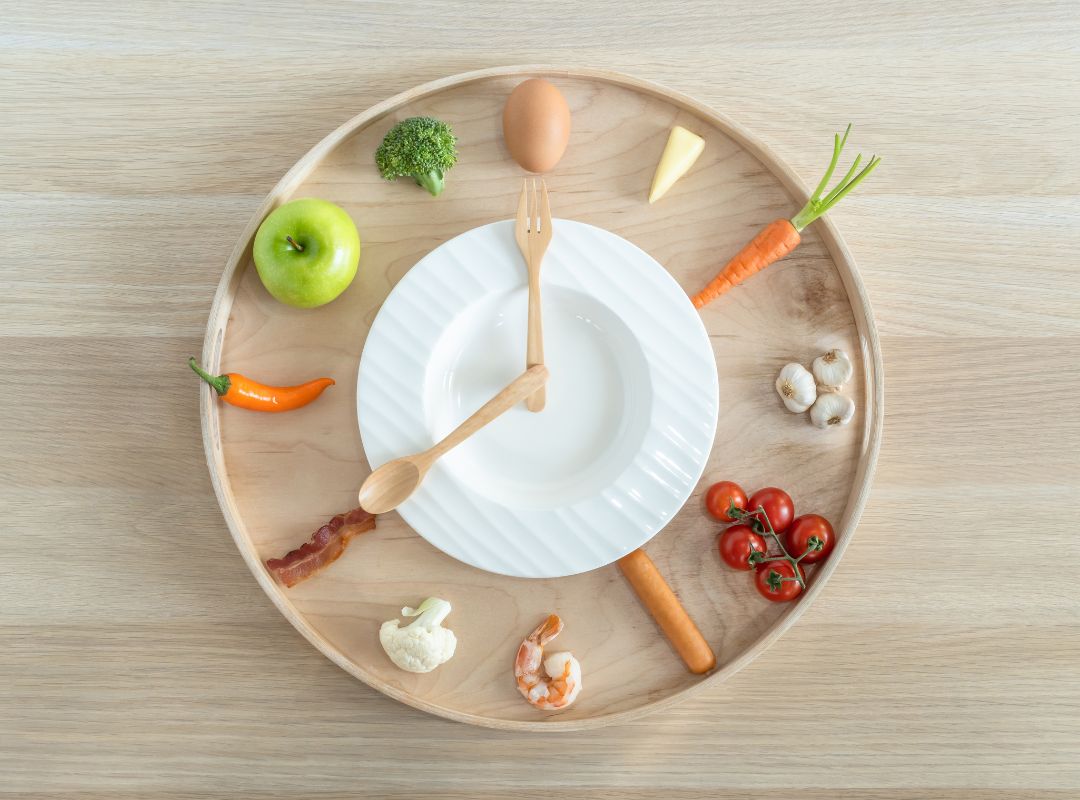For years, fitness enthusiasts and dieters have clung to the idea that eating six to seven small meals a day can boost your metabolism. As a trainer, even I bought into this myth and preached it as gospel.
Turns out we were tricked.
The Metabolic Misconception
The claim was that frequent meals would fire up your metabolism, thanks to the thermic effect of food (the calories burned during digestion).
If you skipped a meal? Say farewell to your muscle mass, or so we believed.
The truth: this whole premise is, complete bullshit.
The Reality Check
Continued research and education have shown that muscle catabolism (breaking down complex molecules to simpler ones with the release of energy) doesn’t occur in just a few hours of not eating. The thermic effect of food is constant, whether you consume 2000 calories in two meals or six.
That’s right, no difference at all.
Do Frequent Meals Have Any Benefits?
This is not to say that smaller, more frequent meals don’t have their place. They can:
- Improve nutrient partitioning for some people.
- Make it easier to manage a caloric surplus by spreading intake throughout the day.
- Offer benefits for blood sugar regulation for those who need it.
Yet, one thing they do not do is “speed up” your metabolism.
The Takeaway
Yes, there are benefits to eating smaller, more frequent meals, but an increased metabolic rate isn’t one of them. The most important thing is finding an eating pattern that you can adhere to, that feels good for your body, and helps you achieve your goals.
Whether it’s three square meals or four spaced-out snacks, what truly matters is your overall caloric intake and nutritional balance.
To improve your metabolism, get enough sleep, strength train your ass off, manage your stress, and quit dieting all the time. It works.
I’m glad the truth got figured out and now we can leave the outdated myths in the past and focus on what really works.
Let us know your thoughts on this myth in the comments!








